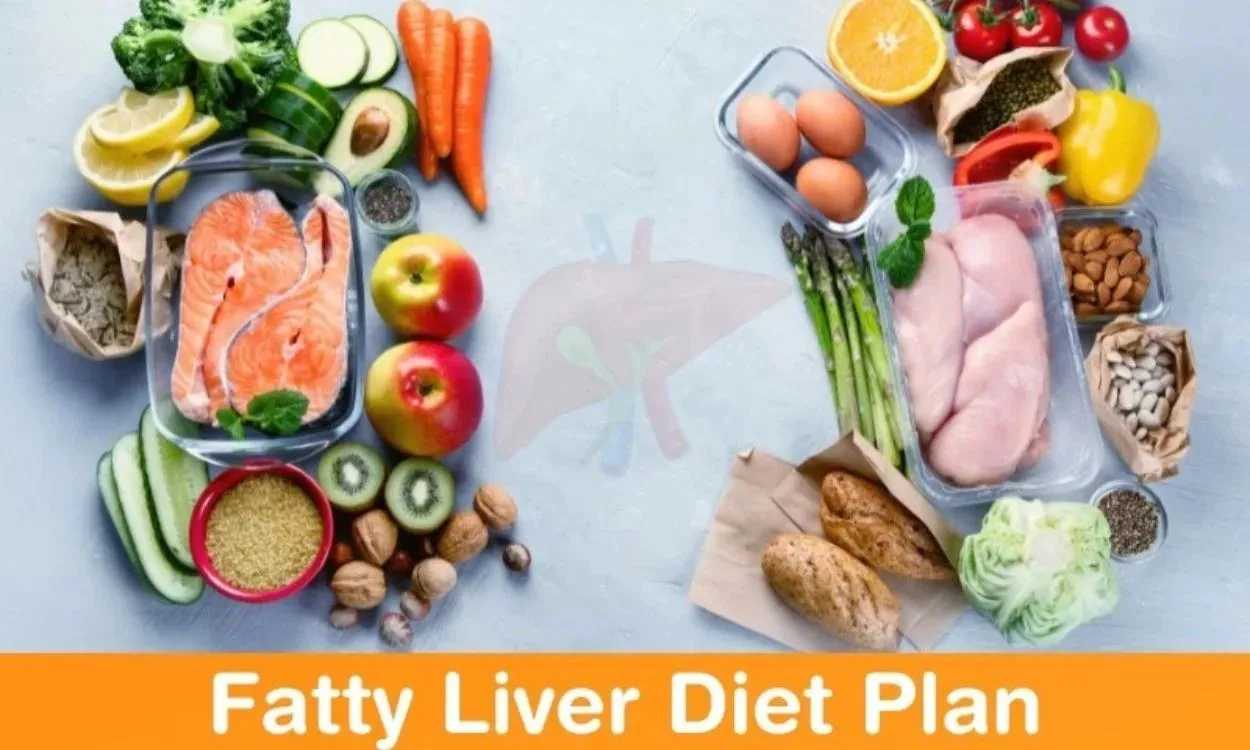Is there a Specific Diet for Fatty Liver?
Introduction
Fatty liver, also known as hepatic steatosis, is a condition characterized by the accumulation of excess fat in the liver cells. It is a common liver disorder that can be caused by various factors, including obesity, high cholesterol levels, diabetes, and excessive alcohol consumption. If left untreated, fatty liver can progress to more serious conditions, such as liver cirrhosis or liver cancer.
Understanding Fatty Liver
The liver plays a crucial role in metabolizing fats, producing bile, and detoxifying the body. However, when there is an imbalance between the amount of fat being produced and the liver’s ability to break it down, fat accumulates in the liver cells. This excess fat can cause inflammation and damage to the liver, leading to fatty liver disease.
Types of Fatty Liver
There are two types of fatty liver disease:
- Non-alcoholic fatty liver disease (NAFLD): This type of fatty liver is not caused by excessive alcohol consumption. It is commonly associated with obesity, insulin resistance, and metabolic syndrome.
- Alcoholic fatty liver disease: This type of fatty liver is caused by excessive alcohol consumption. Alcohol is toxic to the liver and can lead to liver inflammation and fat accumulation.
Symptoms of Fatty Liver
Fatty liver is often asymptomatic in its early stages. However, as the condition progresses, some common symptoms may appear, such as:
- Fatigue and weakness
- Abdominal discomfort or pain
- Loss of appetite
- Weight loss
- Jaundice (yellowing of the skin and eyes)
- Swelling in the legs and abdomen
It is important to note that fatty liver can be diagnosed through medical tests, such as blood tests, imaging studies (ultrasound, CT scan, or MRI), or liver biopsy.
The Role of Diet in Fatty Liver Management
While there is no specific diet for fatty liver, making certain dietary changes can help manage the condition and prevent its progression. A healthy diet for fatty liver generally focuses on:
- Weight Management: If you are overweight or obese, losing weight is crucial in reducing fat accumulation in the liver. A combination of a balanced diet and regular physical activity can help achieve weight loss goals.
- Restricting Saturated Fats and Trans Fats: These types of fats are commonly found in processed foods, fried foods, fatty meats, and high-fat dairy products. Limiting their intake can help reduce liver inflammation and fat buildup.
- Increasing Fiber Intake: Fiber-rich foods, such as fruits, vegetables, whole grains, and legumes, can promote digestion, prevent constipation, and regulate blood sugar levels. They also help in weight management and reducing fat accumulation in the liver.
- Choosing Healthy Protein Sources: Opt for lean protein sources, such as poultry, fish, tofu, and legumes, instead of fatty meats. Protein is essential for liver health and repair.
- Avoiding Added Sugars and Refined Carbohydrates: High intake of added sugars and refined carbohydrates, such as sugary beverages, sweets, white bread, and white rice, may contribute to liver fat accumulation. Choosing complex carbohydrates and natural sugars found in fruits can be a healthier option.
- Moderate Alcohol Consumption: For individuals with alcoholic fatty liver disease, it is crucial to completely abstain from alcohol. Even moderate alcohol consumption can worsen liver damage.
Conclusion
While there is no specific diet for fatty liver, adopting a healthy and balanced diet can play a significant role in managing the condition. Weight loss, avoiding excessive alcohol consumption, and making sensible food choices, such as reducing saturated fats and increasing fiber intake, are key steps in managing fatty liver disease.
Remember, it is essential to consult with a healthcare professional or a registered dietitian before making any significant dietary changes, especially if you have underlying medical conditions.
Download the Fitpaa App for Personalized Support
If you are looking for personalized support in managing your fatty liver condition, the Fitpaa app can be an excellent tool to assist you. Fitpaa provides a comprehensive approach to health and fitness, including diet plans, workout routines, and real-time guidance.
The Fitpaa app, ranked as the no.1 mHealth app, offers tailored solutions to help you achieve your health and fitness goals. With a team of expert nutritionists, fitness coaches, and doctors, Fitpaa can provide you with a personalized Fitpaa Capsule based on your metabolism, lifestyle, and current health condition.
The Fitpaa Capsule incorporates medical therapy, medical exercise therapy, medical nutrition therapy, and cognitive behavior therapy to optimize your metabolism, burn unhealthy fat, and regulate various hormones. It is designed to provide guaranteed results while strengthening your body and sharpening your mind.
To join the Fitpaa community and experience the joy of achieving your health and fitness goals, download the Fitpaa app today. Your wellbeing is our mission, and we are here to support you every step of the way.
Download the Fitpaa App and start your journey towards a healthier and happier life!









